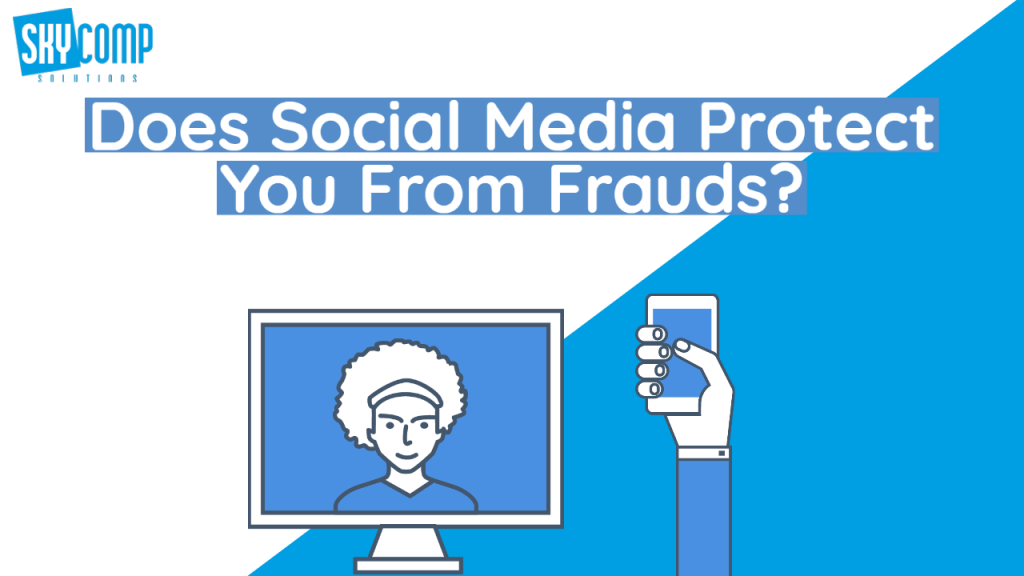Have you ever heard the story about fake social media profiles? It’s been whispered about among the online community, a warning about the dangers that lurk on social media….This is a true story that I heard from a friend of a friend of mine…
Meet Sarah
Once upon a time, there was a girl named Sarah. Sarah loved social media, and she spent hours every day scrolling through her feeds, liking posts, and commenting on photos. One day, Sarah received a friend request from a guy named Alex. He was handsome, charming, and seemed to have a lot in common with her. Sarah was flattered by the attention and quickly accepted his friend request!
At first everything was great. Sarah and Alex chatted every day, sharing photos, videos, and stories about their lives. But then, things started to get weird. Alex would always ask Sarah personal questions, like where she lived, where she went to school, and what her phone number was. Sarah thought it was strange, but she didn’t want to offend Alex, so she answered his questions.
Soon, Alex started asking for more. He wanted Sarah to click on a link he sent her, which led to a fake website that looked like her social media login page. He then used her login credentials to access her personal information and even sent messages to her friends and family pretending to be her. Sarah felt violated, and she felt like she had nowhere to turn. She had fallen victim to a fake social media profile, and she didn’t even know it.
What to look out for
So how can you avoid falling victim to the same fate as Sarah? Social media doesn’t protect you from fake accounts online. Here are some red flags to look out for when it comes to fake social media profiles.
1. Review all friend requests
Not everyone is truthful online and just because you have a mutual friend, doesn’t mean this person is safe to interact with. Once 1 person accepts the friend request more of your mutual’s are keen to follow.
2. A real photo doesn’t mean a real profile
Bad actors can steal information from other people on social media like their name, pictures, and videos, to even creating fake company websites. Make sure to always review who you are talking to.
3. Old profiles
Sometimes people think that just because the profile was created years ago automatically means this person is the real deal. This is a common misconception and a lot of the time bad actors use this tactic to help build their creditability.
4. Don’t share sensitive information online
Always be cautious of what kind of personal or professional information you are sharing online as frauds can use information from your profiles to customize a malicious attack. An example of this could be if you were going on vacation and you had posted where you were going, how long you will be away for and what time you are departing from, etc. A bad actor can take that information and create an attack of sending you links to click on to claim luggage fees and so forth. These scams can be harder to pick out as the bad actor took the information you posted to seem more legit and up to date with what you are doing.
5. What to look out for on suspected scams
Social Engineers can build fake websites and links that gather login information. Once a bad actor gains your’s or one of your mutual’s login info, they can send messages to friends and family pretending to be the person they hacked. This creates a chain reaction as people you know will click on links you send them thinking it was you. If you ever receive a suspicious link from a friend or family member make sure to contact them off of the social platform as the scammer will pretend to be them to gain your trust and fall victim as well.
Wrapping up
In this digital age, most people have some sort of social media presence. Popular apps like Facebook, Instagram, Snapchat etc. can’t prevent fake accounts from interacting with you. If you see something suspicious that makes you go “hmm..” We highly suggest you use these tips above and report/block anyone that you deem suspicious. Reporting an account wont automatically solve this issue happening to someone else but it will prompt the social media platform to look into this certain person or company.
